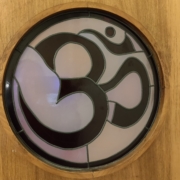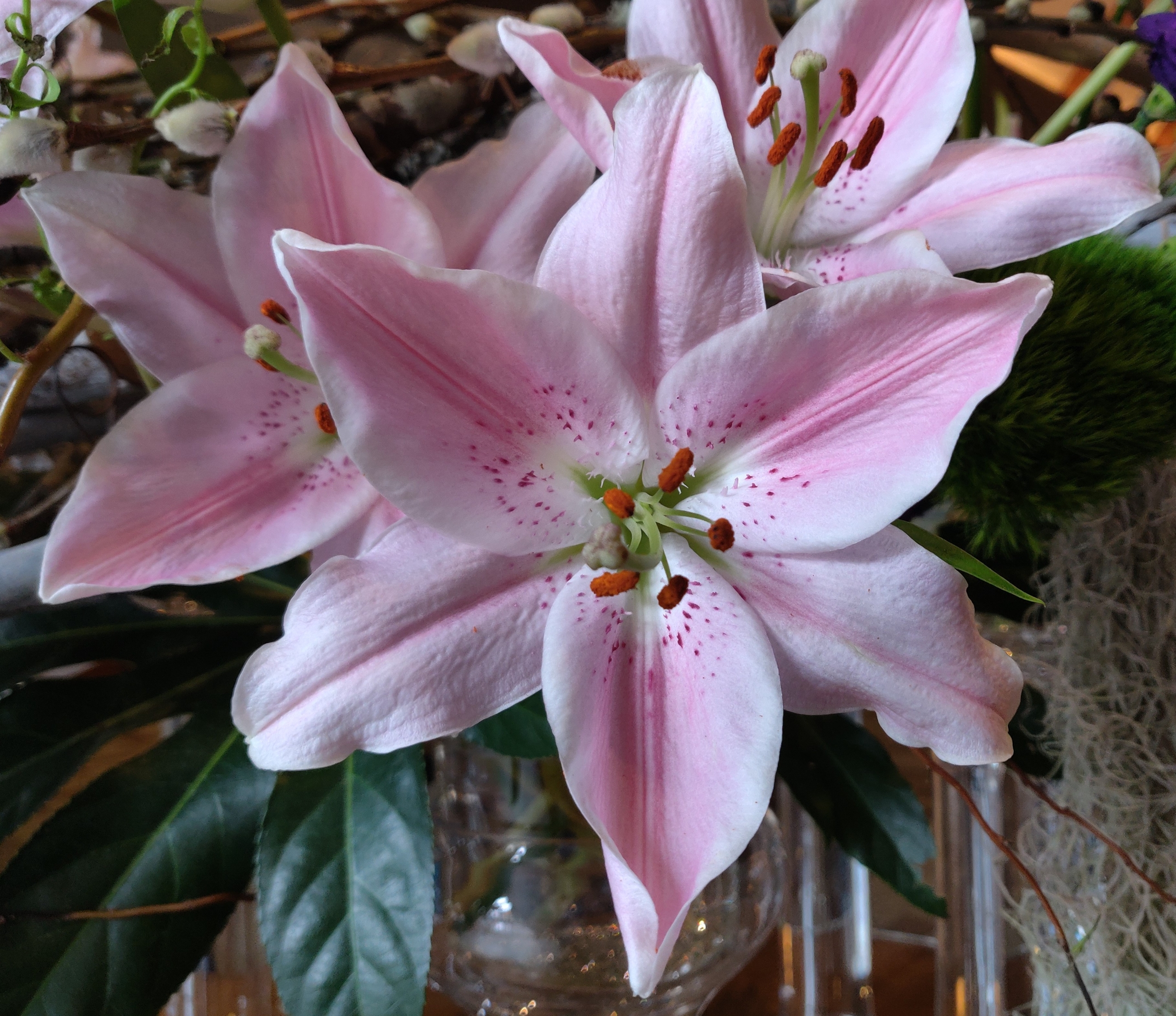5 Intention-setting Ideas to Embrace Your Values
Our culture informs us that our needs are not important and instead suggests that it is better to focus on the needs of others. However, what if I were to say that our needs are our personal values. Would that make a difference in how you think about and embrace your needs?
As humans, we all have needs. It might be the need for beauty in our lives or the need to be treated respectfully. Having needs or values does NOT mean you are needy or selfish!
Why is any of this important? Why am I focusing on this topic? Well, because embracing our personal values is a huge step forward in finding and maintaining inner peace. Being unaware of our values can be compared to driving our car without a destination in mind, where it might appear to others that we are moving ahead, yet we actually feel lost or overwhelmed.
So, below for each benefit of embracing your values, I have also included an exercise to help you identify yours for yourself. If you have done this in the past, it might be fun to try it again, as your values do evolve as you change and grow. I hope you will consider trying one!
- Become More Self-Aware. If you have not spent some time in reflection on what is important to you – and are unable to name your top 5 values – then you might feel confused when your reaction to something seems disproportionate to the stimulus. Everyone holds a core set of personal values that influence – conscious or not – our priorities and reactions. One way to identify your core values is to consider choices or decisions you have made in the past. Perhaps consider journaling about several major and minor decisions you have made recently in your life and write down what factors you used to make these decisions. As you do so, you may discover a pattern in the factors that played into those decisions. Maybe you redecorated a room in your home where you decided to create a separate area for yourself that included your favorite picture of a sunset and a place to put fresh flowers with the intention to allow yourself to find yourself there when you need some peace and quiet. And when deciding where you wanted to take your next vacation, you decided to go by yourself to a remote location “to get away from it all”. From these decisions, you might draw a conclusion that space and beauty are important values of yours, that when those values are not honored, begin to create a sense of uneasiness inside that is hard to define.
- Set Healthy Boundaries. Healthy boundaries that you set for yourself are basically a reflection of your core values. Therefore, if you have difficulty in setting such healthy boundaries, it starts with identifying your core values. Again, perhaps find yourself with your journal and write down your responses to the following: 1) What you can and cannot tolerate; 2) What are the rules you try to live by; 3) What values have been instilled in you from your family environment; 4) What do you admire in others; 5) What might be a deal-breaker in a relationship (e.g. what would cause you to leave a relationship if it was not respected) and 6) What are the things that were hurtful in your family environment that you would not want repeated in your life as an adult. What emerges from your journaling are your core values and, from this point, you are able to formulate your healthy boundaries in preparation to communicate those boundaries to others.
- Guide Decisions. If you are clear on your values, decision-making becomes much easier. When presented with a difficult decision, by asking yourself the question of “What would someone who values X do in this situation?” can help guide you to make the choice that aligns best with your core values. Perhaps sit with someone and create a long list of values (or use Marshall Rosenberg’s Nonviolent Communication Needs Inventory as a starting point). See how many you can come up with! Then, individually go back and read each one, circling the ones that stand out or really resonate with you. You can circle as many as you want the first read-through. Go back a second time and begin to cross off some that don’t seem as important as the others, until you narrow the list down to perhaps around a dozen. From that point, see if you can put them in the order of importance to you. Once you have the list, consider sharing your top 5 with the other person, offering examples of how these values guided you in a recent decision you made.
- Discover Your Purpose. Many of us search for a life time to figure out what our purpose is in this incarnation. I believe we search for such a purpose because purpose and meaning is a universal human need. However, not all of us had the appropriate guidance to uncover our natural gifts or core values. Discovering our values can help us to identify our purpose with more clarity. It is hard to know what you want from life or what you want to offer to the world if you are not clear on what is important to you in life. Knowing your personal values helps you align what you do with who you are, supporting you in offering your gifts to the world with more confidence and ease. To assist you in discovering your top 5 values, consider the previous exercise and now imagine you are in a boat with the dozen or so values that resonated with you. Your boat springs a leak! As the water starts to rise, the only way to stay afloat is to throw a value overboard. The water continues to rise – another value must go overboard or you will sink. The only way to save yourself is to continue to throw your values overboard until you are left with your top 5. And, if you are feeling really brave, throw all values overboard until you have your top one!
- Gain Greater Peace. As you begin to bring your values with you as guides into all of your relationships, including the one with yourself, you will begin to feel more at peace with the boundaries you set, the decisions you make and the work that you do. I compare identifying your core values to building the foundation of your home. If you know a solid foundation has at least four footings, what footings are you building your house upon? Mine is built upon compassion, gratitude, integrity and thoughtfulness. I’d love you hear yours!
As always, if you try any of these intention-setting ideas for holistic health, I would love to hear about the impact they might have had for you. Please send me an email at linda@sanctuary4compassion.com to share!












Leave a Reply
Want to join the discussion?Feel free to contribute!